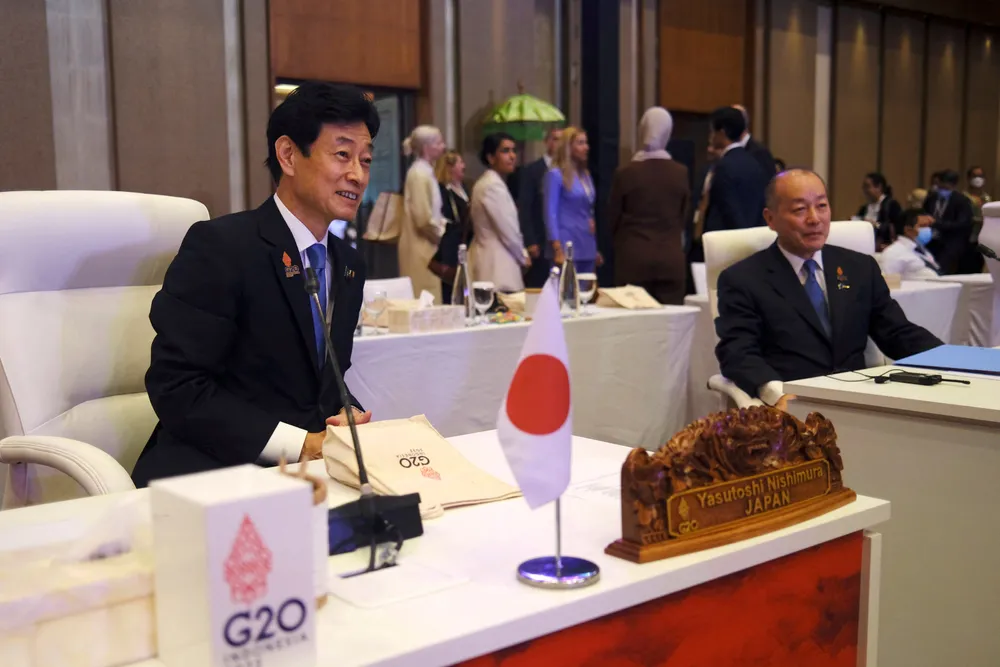Japan aims to keep ties to Russia’s Sakhalin 1
Japanese government determined to maintain supply versatility to avoid increasing dependence on Middle East crude

Japanese government determined to maintain supply versatility to avoid increasing dependence on Middle East crude
